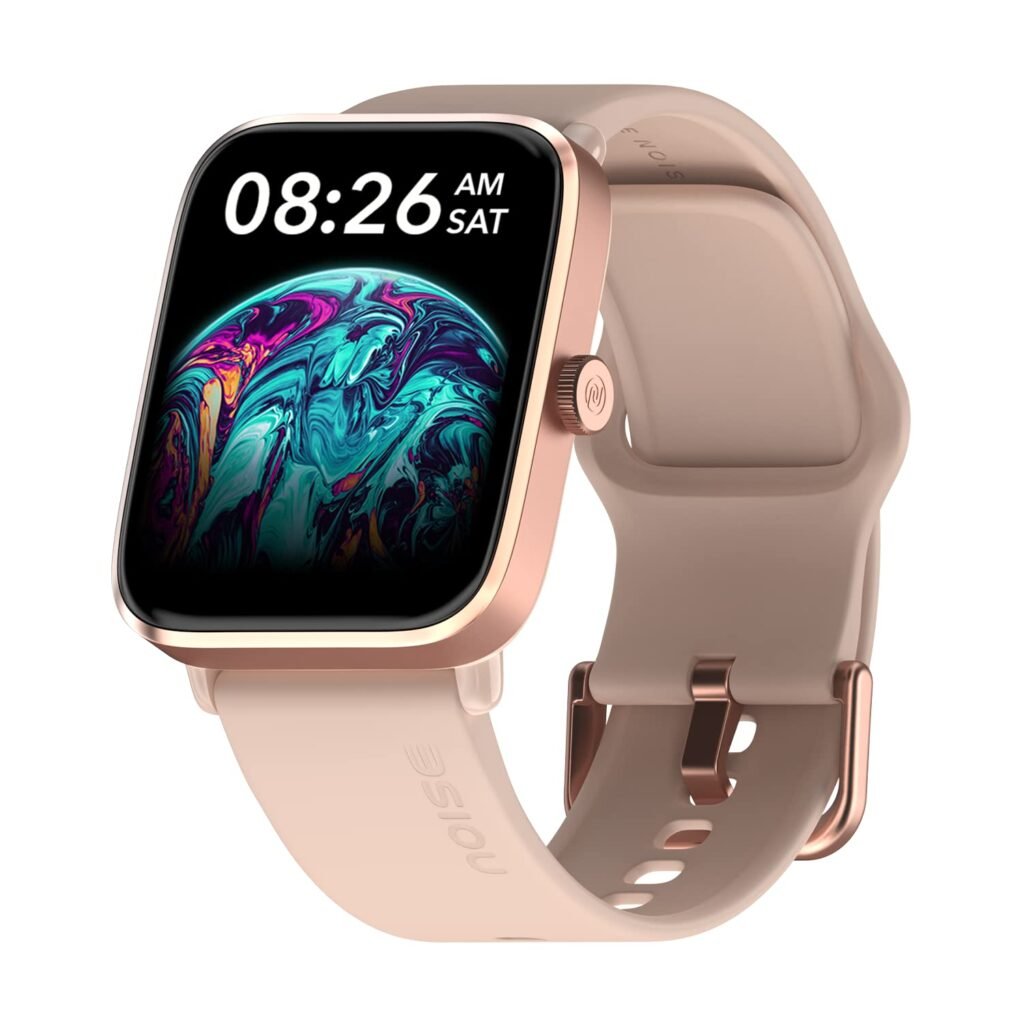Smartwatches vs Traditional Watches : Features, Benefits, and Which to Choose
Smartwatches vs Traditional Watches : The world of watches has evolved dramatically over the years. While traditional watches remain a symbol of timeless elegance, smartwatches bring cutting edge technology to your wrist. But how do you decide which one is right for you? Let’s explore the key differences, advantages, and factors to consider when choosing between smartwatches and traditional watches.
Read More: Top 10 Women’s Watch Brands
What are Smartwatches vs Traditional Watches?
Smartwatches

Smartwatches are wearable devices that combine the functionality of a watch with advanced features like fitness tracking, notifications, and apps. They run on operating systems similar to smartphones and are designed to enhance productivity and convenience. Popular brands include Apple, Samsung, and Garmin.
Traditional Watches

Traditional watches are classic timepieces powered by mechanical or quartz movements. They focus solely on telling time and sometimes include additional features like chronographs or date displays. Renowned brands include Rolex, Omega, and Seiko.
Smartwatches vs Traditional Watches Key Differences
| Feature | Smartwatches | Traditional Watches |
|---|---|---|
| Purpose | Multifunctional (time, fitness, apps) | Primarily timekeeping |
| Technology | Digital; runs on software and sensors | Mechanical or quartz movements |
| Battery Life | Typically 1-7 days | Weeks to years |
| Connectivity | Bluetooth, Wi-Fi, cellular | None |
| Style | Modern, customizable faces | Classic, elegant, handcrafted |
| Maintenance | Regular charging | Minimal (e.g., battery replacement) |
Benefits of Smartwatches
- Multifunctionality
Smartwatches are much more than time-telling devices. They can monitor your heart rate, track workouts, send notifications, and even make calls. - Customization
You can change watch faces, bands, and settings to match your style or needs. - Fitness Tracking
Equipped with sensors, smartwatches help monitor steps, calories burned, sleep patterns, and more, making them ideal for health-conscious users. - Connectivity
Smartwatches sync with smartphones to display notifications, control music, or use apps directly on your wrist.
Benefits of Traditional Watches
- Timeless Style
Traditional watches exude sophistication, making them perfect for formal events and professional settings. - Durability
Many traditional watches are crafted from high-quality materials like sapphire crystal and stainless steel, ensuring longevity. - Craftsmanship
Luxury brands focus on intricate designs and expert engineering, making them collectibles and heirlooms. - Low Maintenance
Mechanical watches can last decades with proper care, and quartz watches require battery changes only occasionally.
When to Choose a Smartwatch
- Active Lifestyle: If fitness tracking, health monitoring, and convenience are priorities, a smartwatch is a great choice.
- Tech Enthusiast: For those who love staying connected and accessing apps, smartwatches offer unmatched functionality.
- Customization: If you prefer versatility and modern design, a smartwatch provides endless options.
When to Choose a Traditional Watch
- Formal Occasions: A traditional watch complements suits, evening gowns, and other formal attire.
- Collector or Enthusiast: If you value craftsmanship, heritage, and luxury, traditional watches are an excellent investment.
- Low Maintenance: For those who want a reliable, stylish timepiece without frequent charging, traditional watches are ideal.
Smartwatches vs Traditional Watches Popular Brands
Top Smartwatch Brands
- Apple: Known for the Apple Watch series, offering seamless integration with iPhones.
- Samsung: Produces the Galaxy Watch series, combining functionality with style.
- Garmin: Focused on fitness and outdoor tracking with rugged designs.
Top Traditional Watch Brands
- Rolex: Iconic luxury brand renowned for precision and design.
- Omega: Known for its rich history and association with space exploration.
- Seiko: Affordable yet high-quality watches with diverse designs.
Price Comparison
| Type | Entry-Level Price | High-End Price |
|---|---|---|
| Smartwatches | $200 – $500 | $1,000+ (e.g., Apple Ultra) |
| Traditional Watches | $100 – $500 | $5,000+ (luxury brands) |
Pros and Cons: Smartwatches vs. Traditional Watches
Smartwatches
Pros:
- Multifunctional
- Health and fitness tracking
- Customizable
- Smart notifications
Cons:
- Requires charging
- Short lifespan (technology becomes outdated)
- Less elegant for formal occasions
Traditional Watches
Pros:
- Timeless style
- Long-lasting craftsmanship
- Minimal maintenance
- Valuable collectibles
Cons:
- Limited functionality
- Less versatile
- Can be expensive (luxury models)
Combining the Best of Both Worlds
Some hybrid watches blend the aesthetics of traditional watches with the functionality of smartwatches. Brands like Fossil Hybrid and Withings offer stylish options with limited smart features like step tracking and notifications.
Final Thoughts: Which Should You Choose?
Smartwatches vs Traditional Watches : Your choice between a smartwatch and a traditional watch depends on your lifestyle, preferences, and priorities. If you value technology, connectivity, and fitness tracking, a smartwatch is the way to go. On the other hand, if timeless style, craftsmanship, and reliability are more important, a traditional watch is an excellent choice.
Ultimately, both smartwatches and traditional watches have their unique appeal, and your decision should align with your needs and personal style.
Read More:
Top 10 Luxury Watches Under ₹10,000 for Women
Top 25 Affordable Women’s Watches












